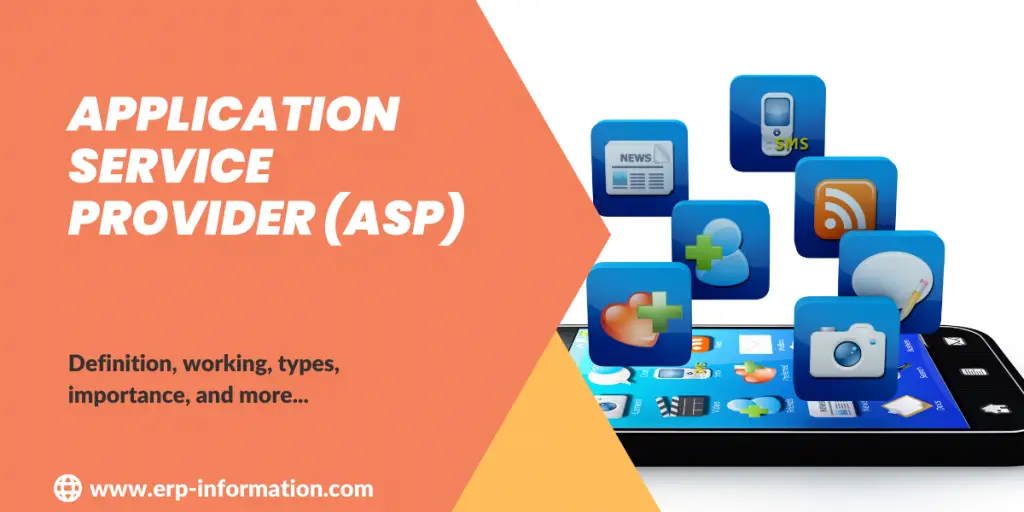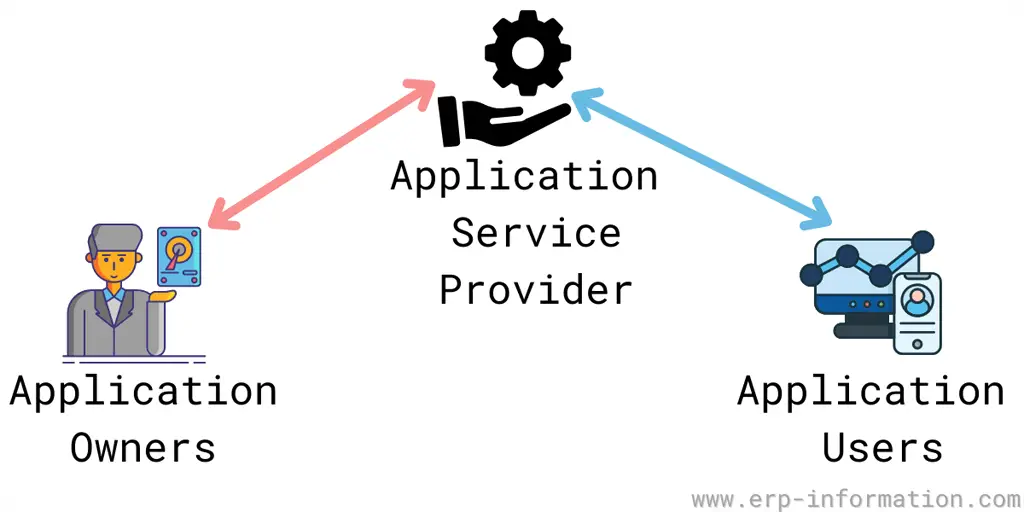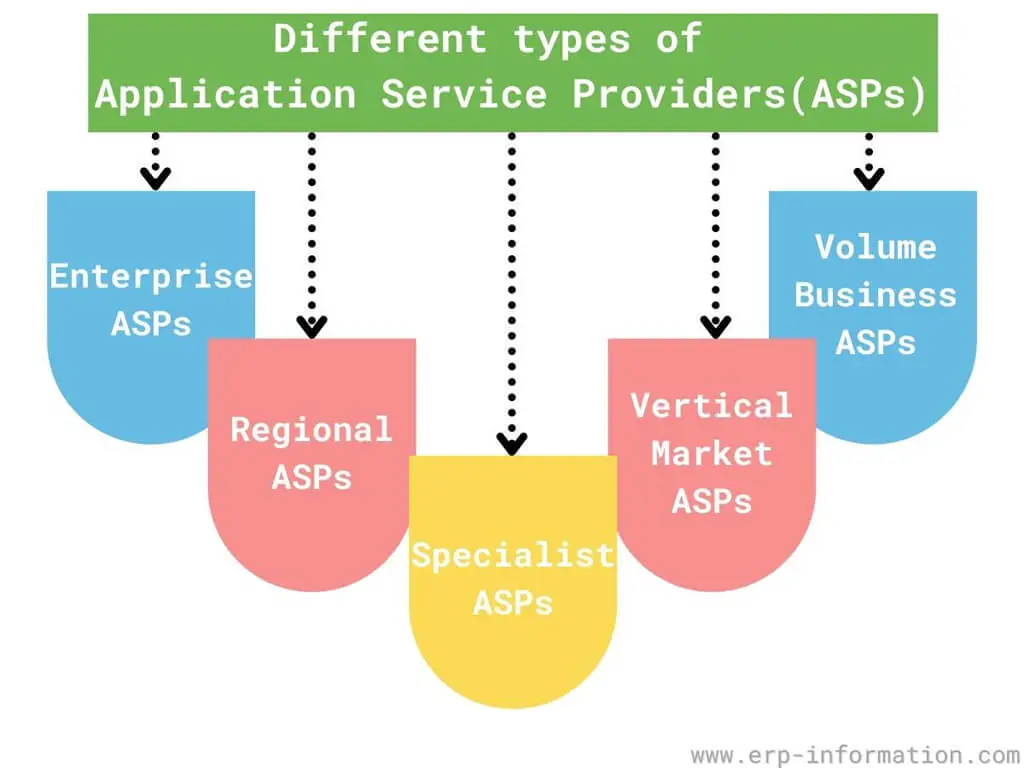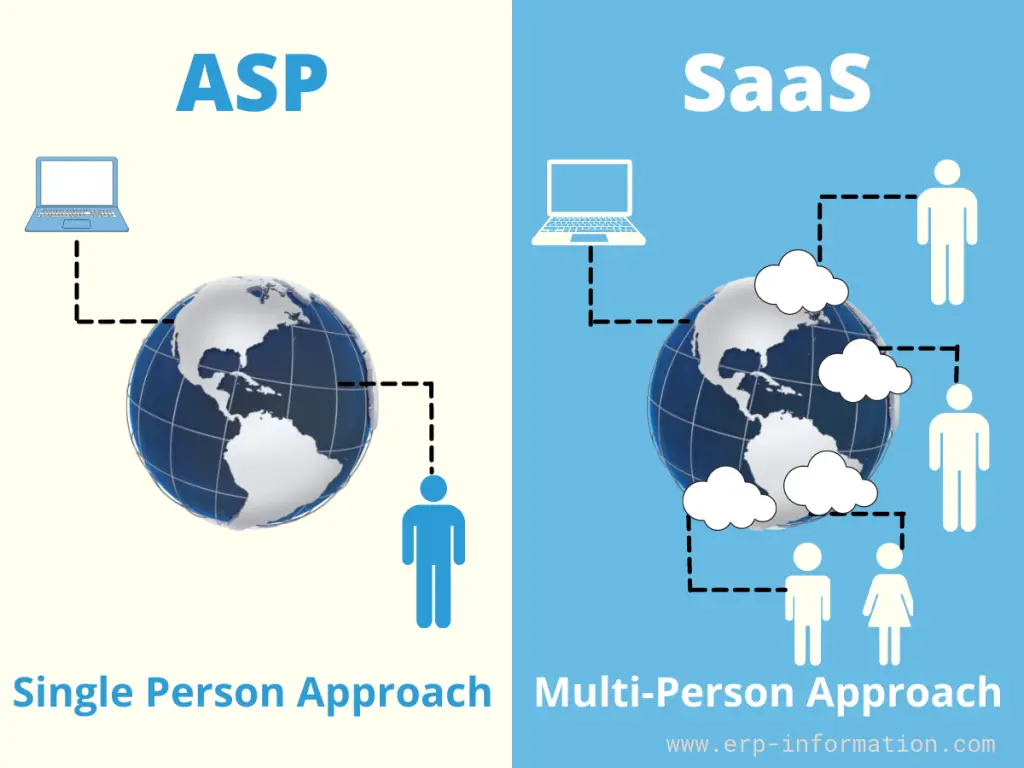An Application Service Provider is a company that provides software applications over the internet.
Businesses no longer have to install and maintain these applications on their computers. Instead, they can access them through the ASP’s servers.
This can be a considerable cost saving for businesses, as they do not have to purchase and maintain such software.
This blog post will discuss ASP in detail with examples.
What is an application service?
Application service is a type of service that allows businesses to outsource their computing needs. This type of service can save money and improve efficiency.
It can also help businesses maintain compliance within their industry. It is a business model in which the provider hosts and maintains applications and services for customers. The customer then accesses the applications and services remotely.
What is an application service provider?
An Application Service Provider is a company that provides software applications over the internet. This service allows businesses to outsource their computing needs, saving money and improving efficiency.
In addition, they can provide a wide range of software applications that would otherwise be unavailable to small and medium-sized businesses.
There are many players in the market today, and selecting one best suited to your needs can be challenging. Before you make a final decision, it’s essential to consider the
- Size of your business
- The type of software you need
- And the level of customer support you require.
How does it work?
Application service provider work is a company that delivers software applications and services to multiple users using a rental pricing model. It is an outsourcing contract where users lease the applications.
With it, users can save their work on a remote server and work through a web-based interface.
The application service provider includes software suppliers and network providers.
The service provider operates software applications and handles the servers supporting the software.
They give information to end-users through the internet and allocate bills in the following ways.
- Use-base fee structure
- Feature-base fee structure
- Monthly or annual fee structure
- Combination of the above three fee structure
The fees include hosting, support, and maintenance also. In addition, application service providers offer a single-tenancy method to ensure security.
Evolution
The term ASP came into the picture in the early 2000s. In 1999, three companies (HP, SAP, AND Qwest) made the Application Service Provider Industry Consortium (ASPIC), representing a group of service providers.
SAP’s R/3 application is the first application available on the internet to serve the applications to other companies. At the same time, Microsoft offered back-office applications like SQL servers and Windows NT server on a pay-as-you-use basis.
During the 2000s, ASPs started offering integrated applications and renamed themselves web service providers, application infrastructure providers, and managed service providers.
As time flew, cloud computing services came and were IaaS (Infrastructure-as-a-service), SaaS (software-as-a-service), and PaaS(platform-as-a-service). They provide third-party applications.
Application service provider example
General examples of the application software providers are the use of yahoo mail, Gmail, google sheets, and google docs. These are free applications.
With the help of a web browser with necessary plug-ins, users can access yahoo mail hosted by Yahoo, google mail hosted by Google.
Other everyday use cases are credit card payment processing, accounting, and bookkeeping.
You’re a small business owner who wants to find a better way to manage your accounting and bookkeeping. Hiring an in-house accountant or bookkeeper is daunting, not to mention expensive.
ASP offers a cost-effective alternative for businesses that want access to professional accounting and bookkeeping services without hiring in-house staff. It provides a wide range of services, from simple bookkeeping to full-service accounting, and can tailor its services to meet the specific needs of your business.
Different kinds of ASP services
Enterprise ASPs are designed for complex businesses to suit their intense requirements. As a result, the user interface is more comprehensive and has greater administrative power.
Regional ASPs are suitable for small businesses that cover small geographic locations. They can be a good choice for companies looking to expand but are still in their early stages.
Specialist ASPs cater to specific accounting, human resources, payroll, Customer Relationship Management, etc. These are ideal for businesses that operate within a particular niche and require specialized software to manage their tasks.
Vertical market ASPs are industry-specific and provide unique tools and features for specific niches, e.g., retail or healthcare industries.
Volume Business ASPs provide applications for which the customers pay in advance and are well aware of the services that fall in the brackets of the packages designed.
HP, SAP, and Qwest are leading enterprises that rent asp software.
Why is application service provider important?
We all are living in a dynamic world. All the criteria, priorities, demands, and needs keep changing. So we have to be very advance in years.
Our system becomes complex because of these things, such as applications, software, etc. They increase the financial burden on the companies. So it is better to lease the applications instead of owning them.
Advantages
- It allows you to reduce the cost of the organization.
- It Allows you to choose the modules with good processing abilities at a low cost.
- It helps to maintain software and hardware efficiently.
- It makes easy use of software for the organization through automatic software upgrades and technical support.
- It helps to reduce the load on hardware and human resources.
Disadvantages
- In a single-occupant condition, applications acquired by one client are closed from the other customer’s application. Hence costs will not reduce as they accept more customers.
- It offers virtual servers instead of dedicated servers for many customers. But unfortunately, that leads to security issues and data breaches.
- The business might be affected if the provider closes or goes bankrupt, as users depend on their servers and applications.
- They may not give the latest version updates, leading to a lack of security and features.
How does the ASP model differ from SaaS?
| SaaS (Software as a Service) | ASP |
| It provides the same features to all users | It can provide customized solutions for a single user |
| The solution is managed, maintained, and supported by the provider. That means the provider has all the control. | With this, the user can control the solution and demand the service he wants. |
| Service level agreement is common to all users. | Service level agreement is distinctive to each user. |
| The solution is always based on the internet. | The solution needs not to be based on the internet. |
| Users cannot buy the software from a third-party retailer. | Users can buy the software from a third-party retailer. |
FAQs
What are the benefits of using an ASP over in-house software?
For starters, ASPs have years of experience providing software applications to businesses like yours. As a result, they have access to the latest technology and expertise that would otherwise be unavailable to in-house software development teams.
In addition, they are typically less expensive and more likely to have higher quality standards than developing your application from scratch.
Consider it a stepping stone towards developing custom software solutions later down the road if necessary.
What are the costs associated with using an ASP?
The costs of using it vary depending on the provider. Generally, there is a monthly fee for using the service and for each user who accesses your software application.
Conclusion
Application service providers can be an invaluable resource for small businesses. You can save money and improve efficiency by outsourcing your computing needs to them.
When choosing it, it’s essential to consider the size of your business, the type of software you need, and the level of customer support you require. Hoping this post has helped you understand the concepts.



